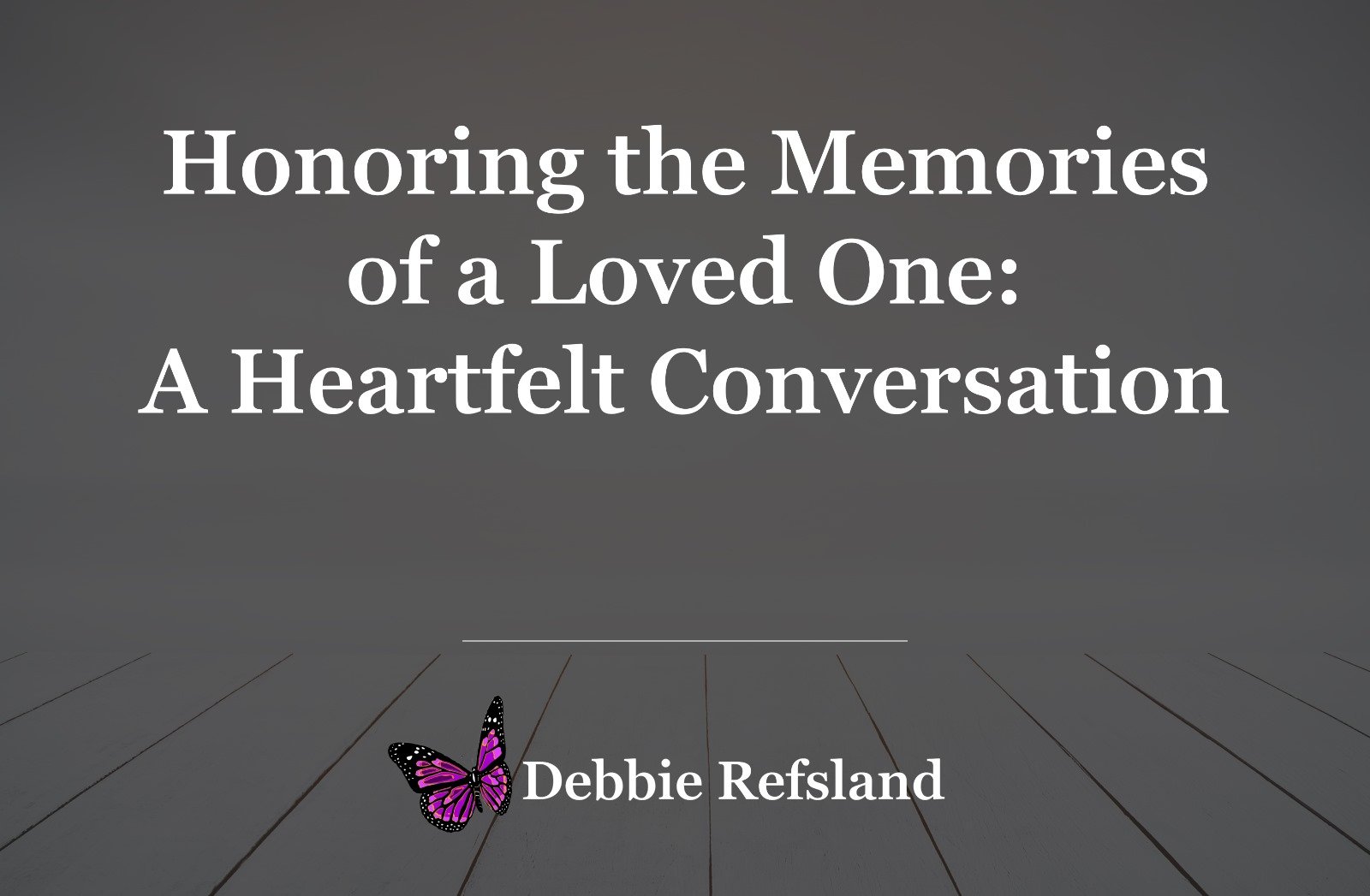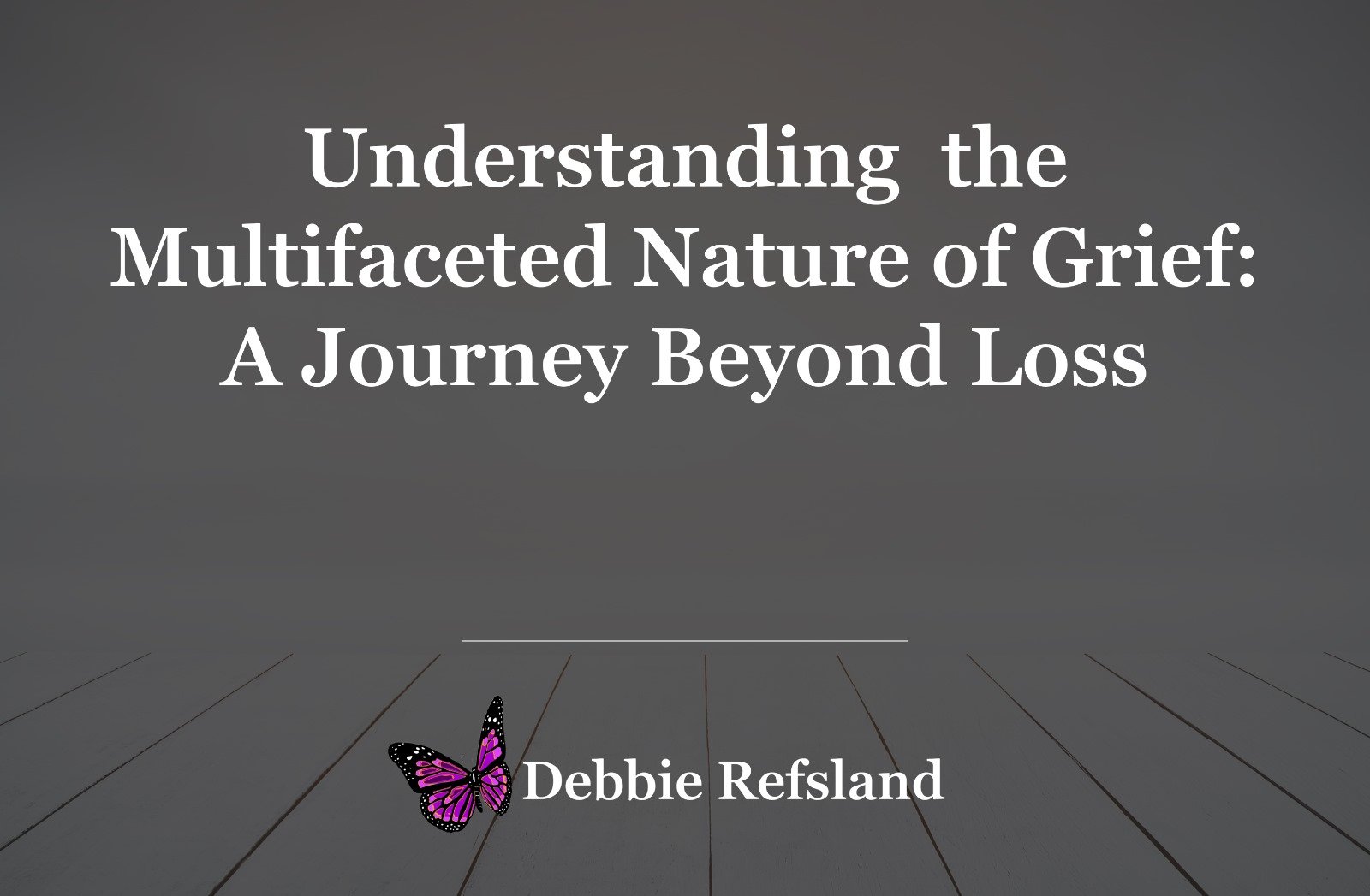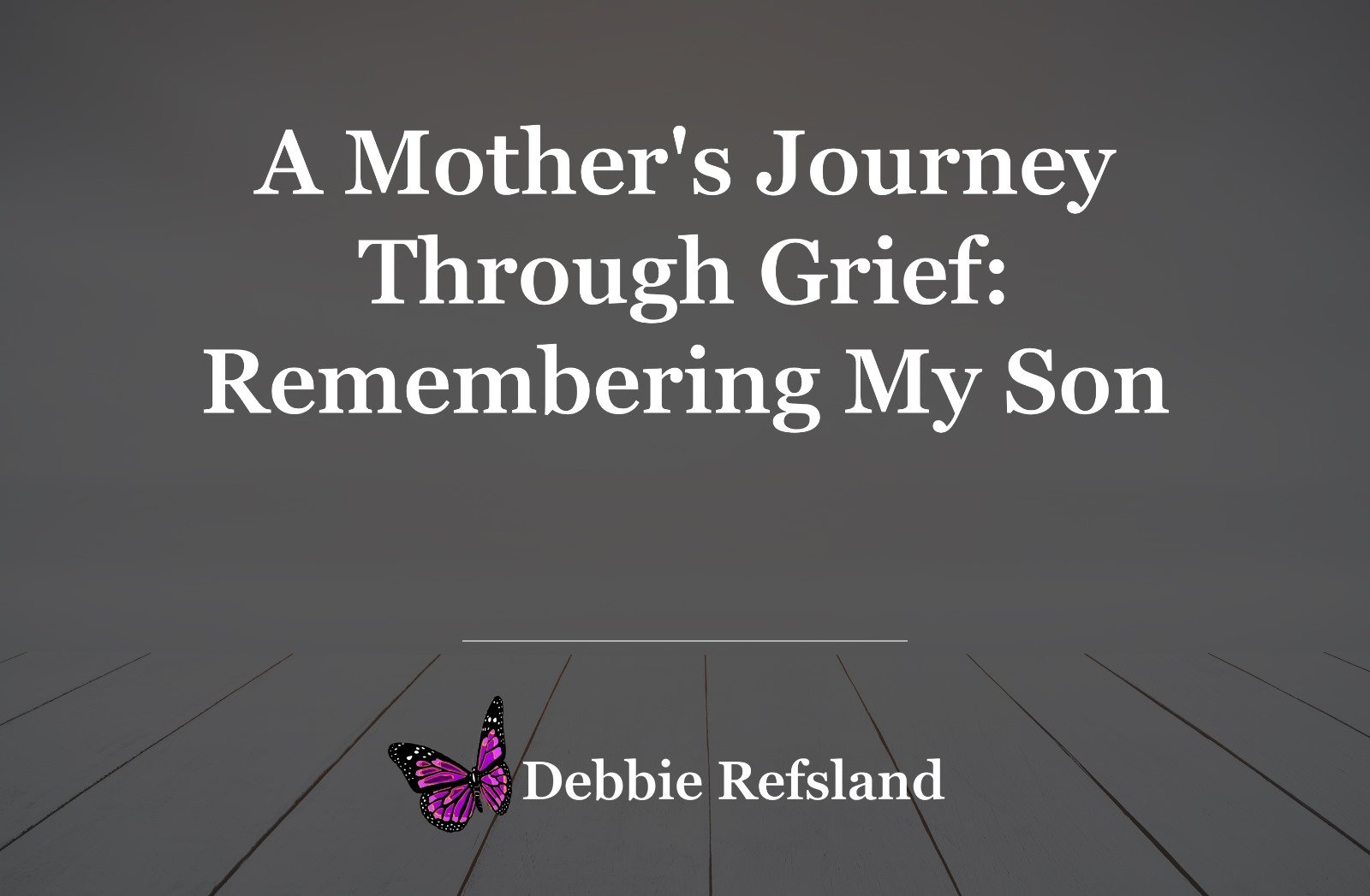Honoring the Memories of a Loved One: A Heartfelt Conversation
I want to share something deeply personal and, I believe, incredibly important for many of us. It’s about honoring the memories of those we’ve loved and lost. Whether it’s a family member, a dear friend, or even a cherished pet, their absence leaves a space in our lives that never truly gets filled.
But here’s what I’ve learned: remembering them, celebrating their lives, is not just about keeping their memory alive. It’s also about healing our hearts.

Embrace the Memories:
Remember the good times. Those moments of laughter, joy, and even the everyday routines that, in retrospect, become precious. It’s okay to smile, to laugh, and to tell their stories. Your memories are a treasure chest of your time together.

Create a Living Tribute:
This can be as simple as planting a tree in their honor, dedicating a bench in their favorite park, or even starting a charity drive. Let their legacy be one of growth, love, and generosity.

Gather and Share:
There’s a special kind of healing that happens when you gather with those who also knew and loved your departed. Share stories, pictures, and moments. It’s a way to say, “Yes, they lived. They were here, and they mattered.”

Honor Their Passions:
Did they have a cause they were passionate about? A hobby they loved? Continuing their work or even taking it up yourself can be a powerful way to feel connected to them.

Seek Support When Needed
It’s okay not to be okay. Grief is a journey, and it’s different for everyone. Reach out to support groups, counselors, or friends. Sometimes, just talking about your feelings can make a world of difference.

Remember, You're Not Alone:
Finally, I want to remind you that you’re not alone in this. We all face loss, and we all find ways to cope. If you ever need a listening ear, or just want to share a story about your loved one, my door (or inbox) is always open.

Let’s honor those we’ve lost by living our lives with kindness, courage, and joy – just as they would have wanted.
Thank you for taking the time to read my newsletter. If you’re looking for guidance or support on this journey, feel free to reach out. Let’s work together to unlock your full potential. Together, we can find strength and solace.
With warmth and solidarity,
















